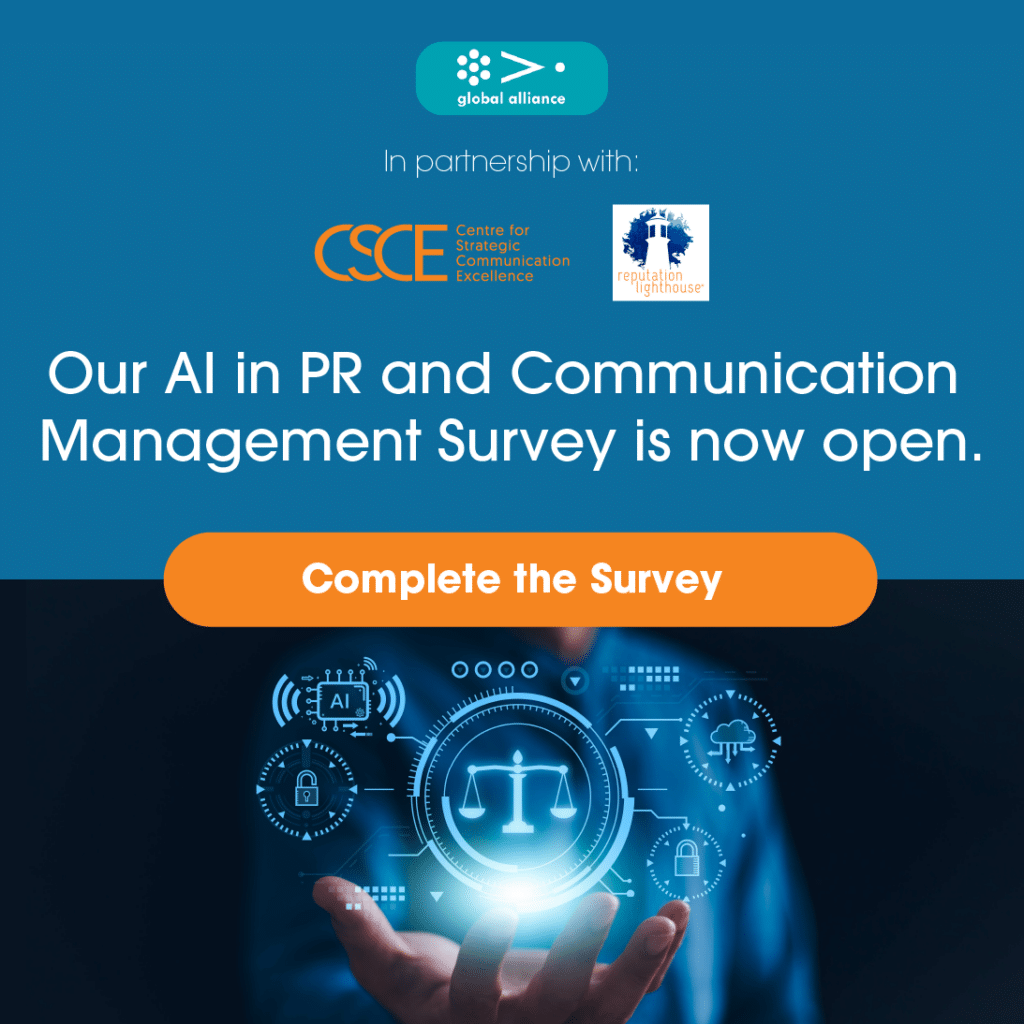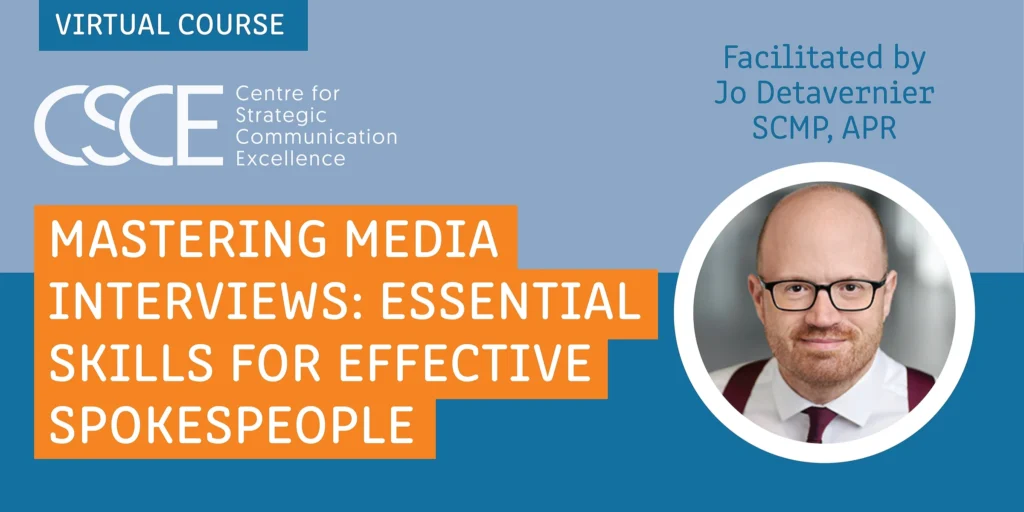At the start of 2018, the UK Government Communication Service (GCS) set itself eight professional challenges. All of these are underpinned in some way or other by digital technology.
Indeed there is no communications discipline that has not been, and will not continue to be transformed by ‘digital’ – something we’ve given a lot of thought to recently in GCS.
It’s no longer enough to perform analogue communications in a digital age. Every communications practitioner today must engage with ‘digital’ whether they want to or not.
This is not just about adopting a ‘digital first’ approach. We’re now communicating for a wholly digital world: we’re not doing ‘digital communications’.
It’s clear that digital transformation is disrupting workforces, processes and business models across industry. The proliferation of consumer touchpoints, media channels, data analysis and social listening technologies is driving a fundamental shift in communications operating models, workflows and infrastructure.
Artificial Intelligence. Machine learning. Big data. The evidence of dramatic change is all around us and it is happening at unparalleled speed.
So much so, it has led many to describe the period we are entering as the ‘Fourth Industrial Age’. This digitally complex, automated, data-driven environment presents opportunities to connect with our audiences in more ways and with more impact than ever before.
Digital technology is not just ubiquitous, it’s easier to access; organisations are investing in more and more innovative ways to engage audiences.
From live video to augmented reality, tech companies are consistently bringing new features that provide users with ways to access interactive and ‘happening now’ content.
And with the global rise of misinformation, it’s never been more important to reclaim honest, fact-based public debate by demonstrating a deep understanding not just of the potential and speed for fake news to be spread but how to counter it with rapid response operations.
As practitioners, we can’t ignore these developments : they have the potential to fundamentally change the way we work. Harnessing and understanding data through active listening and turning this into valuable insight is also crucial to building trust and developing better communications campaigns.
So each of us in GCS regard this challenge as core to our roles – and certainly not just the responsibility of our digital colleagues. Indeed, this is going to be a central part of my own professional development and that of my team over the coming year.
It’s also vital that UK Government Communications as a professional cohort not only keeps up, but leads progress to harness digital communication effectively.
Led by GCS head Alex Aiken and our digital head, Chris Hamilton, we have therefore given serious and deep thought to the nature and level of our response.
As Directors of Communications across UK Government we convened in May 2018 to agree on an action plan to put GCS in the best position to capitalise on the opportunities ahead through a comprehensive, profession-wide, two year programme –‘GCS:Accelerate’.
GCS:Accelerate sets out an ambitious digital skills transformation programme informed by the findings of an independent audit we commissioned last year.
Its scope was far reaching, with 22 departments taking part – the largest government digital audit to date. A Digital Capability Maturity Model was used to assess departments against the same standards.
This meant setting out the digital skills in each of the disciplines in our Modern Communications Operating Model (MCOM) – internal communications, strategic communications, media and campaigns and external affairs – needed to reach five development stages ranging from ‘early’ to ‘mature’.
In order to future proof against imminent, unpredictable advances in technology the model sets out far reaching, advanced skills at the mature/innovating end of the spectrum.
The characteristics of each stage of the model are:
- Early – digital is seen as important; however, few processes are established.
- Developing – digital is very important and programmes of work emerge.
- Standardised – digital is critical and senior management are invested in driving capability.
- Mature – digital is part of organisational strategy and becomes business as usual.
- Innovating – digital is established and embedded within the organisation and drives transformation of organisation and its impact.
The conclusion of the audit was clear: we need a fundamental shift in how digital is positioned within government communications. We also found that GCS leaders were sometimes likely to reject digital innovation not because they disagreed with it, but because they didn’t understand it sufficiently.
So we are focusing our efforts on four areas:
- Leadership and Infrastructure
- Creative Standards
- Digital Workforce
- Data Literacy
The Programme
Under the direction of a central leadership team, we plan that transformation will be delivered through a series of ‘accelerated learning hubs’ comprising 54 experts drawn from across UK Government.
These experts will spearhead digital excellence within each discipline by participating in, and providing direction to, learning opportunities for the wider profession, as well as setting standards in newly designed career profiles.
It’s a major undertaking, but one we must embrace.
The digitally complex, data-driven and increasingly automated environment that we’re now in presents opportunities to connect with our audiences in more ways and with more impact than ever before. There has never been a more exciting time to be a communications practitioner.
And note this is a communications challenge, not a digital challenge.
There’s a quote from Henry Ford that is sewn into the fabric of modern experience design. It goes: “If I had asked people what they wanted, they would have said faster horses.”
Faster horses aren’t going to cut it: the fourth industrial age has a new digital paradigm and as communicators we must understand, apply and exploit it.
I look forward to seeing how our programme unfolds and further cements GCS’s reputation for delivering world class public service communications.





